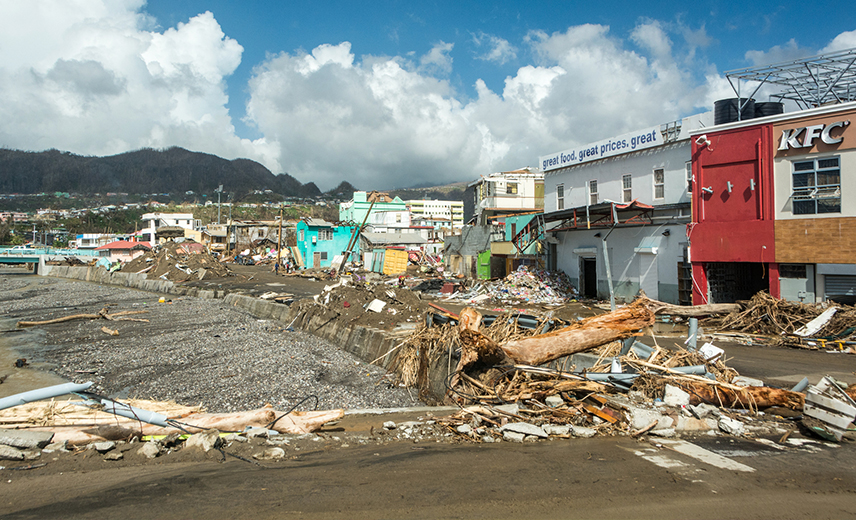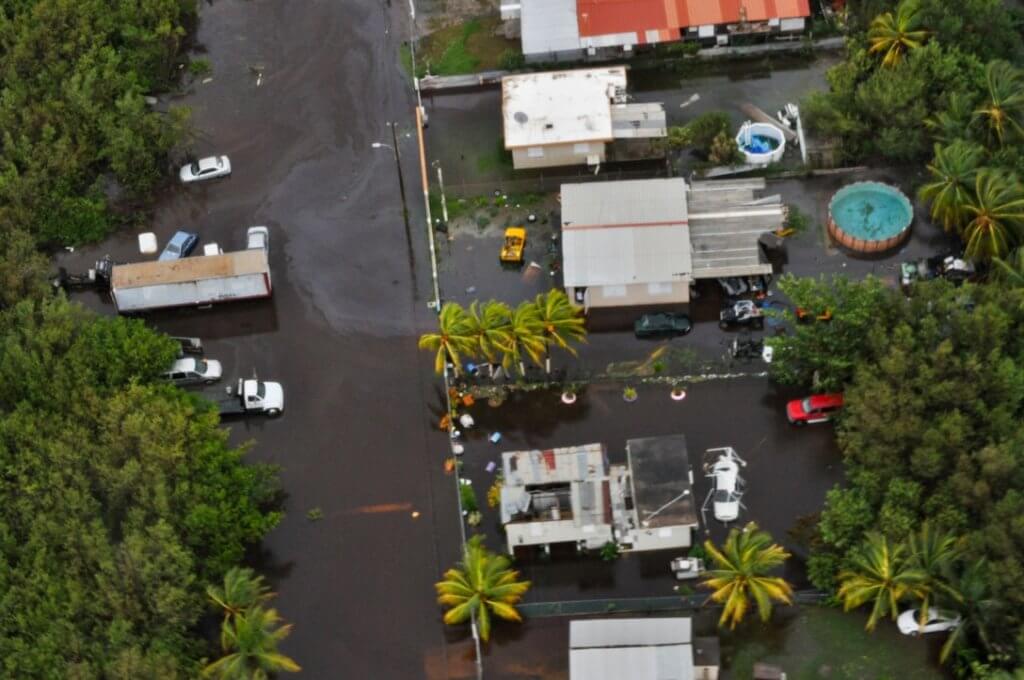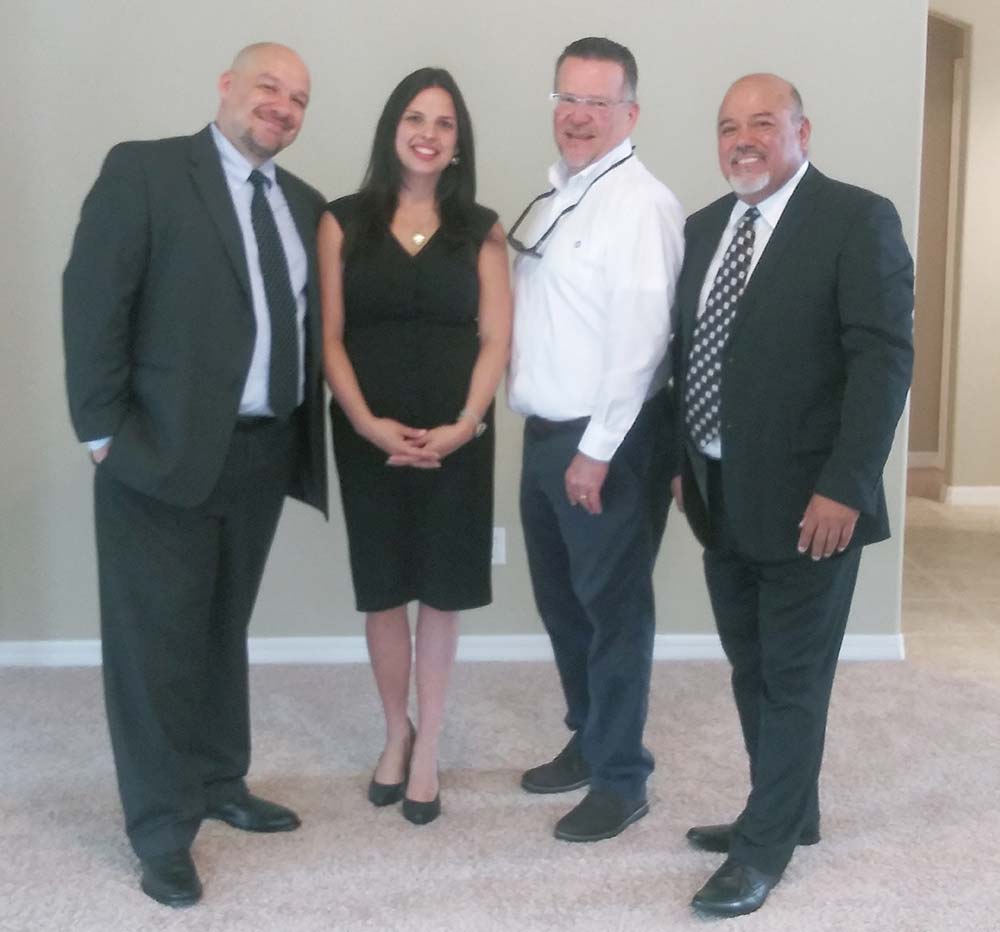Michael Deibert, Author of ‘When the Sky Fell: Hurricane Maria and the United States in Puerto Rico,’ Talks with Progress Report About the State of Education in Puerto Rico

Two years and one week ago, Hurricane Maria made landfall in Puerto Rico as a Category 4 storm with winds of up to 155 miles per hour. It battered the island’s infrastructure and debilitated its already fragile school system, which had been struggling under the country’s economic recession for years. As a result, more than 200 public schools were closed across the island, prompting hundreds of families to move to states like Florida to enroll their children in school. To make matters worse, this spring Puerto Rico’s Secretary of Education stepped down amid an economic corruption scandal. Then this summer, Puerto Ricans of all ages took to the streets banging pots and pans until they achieved the resignation of an even bigger political figure: Puerto Rican Governor Ricardo Rosselló. In an effort to remember the struggles of Puerto Rican students, ProgressReport.co sought an interview with Michael Deibert, San Juan correspondent for Bloomberg News and author of the a new book When the Sky Fell: Hurricane Maria and the United States in Puerto Rico.
Q: What was the state of education like on the island before the hurricane?
A: The state of education in Puerto Rico before Hurricane Maria was already a situation that had been really severely impacted by various moves of austerity and also by the flight of people from the island. You had situations where kids had seen their schools closed two or three times before they graduated from high school, so you already had an education system that was really enfeebled before the destruction of Maria and before the even more massive flight of people from the island to the mainland.
Q: How has this impacted the education system and the student population?
A: I think when you look at the student population in Puerto Rico, they’re among the most active in terms of political engagement on the island. You could say surely that’s true in a lot of different places in the world, not just in Puerto Rico, but I think the situation in Puerto Rico — the whittling away of the educational system, the increasing in fees, has made people even more energized to question the system that people had taken for granted for years. For decades people kind of voted blindly for these two political parties whose main ethos was “would Puerto Rico be a commonwealth or would Puerto Rico be a state?” Looking at what happened this summer, I think there was a kind of collective recognition that that question that seemed so big maybe wasn’t doing a lot to improve people’s daily lives.

Q: Can you summarize what happened this summer in Puerto Rico? Why did the governor step down and what happened with Puerto Rico’s Department of Education?
A: All the things I mentioned previously— the austerity, the recession that had been going on for more than a decade— that came to a head when a series of chats were leaked from the governor Ricardo Rosselló and his aids in which they disparaged or used lots of misogynistic and homophobic language and mocked the suffering of everyday Puerto Ricans. What you saw in these chats was a political leak that was detached from the suffering of everyday Puerto Ricans. There was an uprising that started as street demonstrations that went on for two weeks and never stopped—it went on every single day until he left—and I think on the island you saw people rediscovering their political power.
Q: And why did Puerto Rico Secretary of Education Julia Keleher leave?
A: That preceded the governor stepping down. She stepped down and then she was arrested by the FBI. It was kind of a complicated scheme between her and some other officials, but yes, it was one of the series of arrests by federal authorities by officials in Puerto Rico for various corruption schemes that were being allegedly undertaken while the population was fighting with its fingernails for survival.
Q: How do you think all that will impact the state of education in Puerto Rico going forward? Is there a renewed hope? Who’s taking the helm of Puerto Rico’s Department of Education?
A: I think the jury is still out on the direction education is heading in Puerto Rico. I mean, I think all of the ills that befell the system before are still present. They didn’t go away with the resignation of Roselló or with the resignation of the former secretary of education.I think one thing that’s going to be really pivotal in terms of how things go forward is the 2020 elections where you elect a governor and the legislature. I think for the first time in many, many years it’s not necessarily a shoo-in for the two main political parties. I don’t necessarily think it’s going to be the traditional independence parties taking over either, but I think there’s a window for potential change there that could impact the educational system—a potential change that wasn’t there one year ago.
Q: Do you think the education system in Puerto Rico is worse than the education system in many state in the United States?
A: No. I don’t. I think the difference is that it is maybe dealing with a multifaceted crisis. You have a lot of states in the United States that are dealing with reduced resources, but in Puerto Rico, you have that combined with a massive flight of population and the collapse of every other thread that binds society together, whether it’s the electrical grid or security or what have you. I think there’s a lot of other things going into the problem of education in Puerto Rico aside from the department itself.

Q: What advice do you have for civil rights group like UnidosUS to support Puerto Rico’s student population?
A: I think one thing that needs to be looked at closely is the general lack of democracy in the political and economic structure in Puerto Rico. I think the fact that a fiscal oversight board that was unelected by anyone in Puerto Rico that’s unanswerable to anyone in Puerto Rico has such power over the island’s finances is something that a lot of people have questions about and rightly so. I think a lot of times the fiscal oversight board is a catch all for the problems of the island, and I don’t think it’s the sole responsibility for everything that’s going wrong. I think that’s problematic and it’s indicative of a bigger problem where you have an island ruled by a country whose president it can’t elect and whose congress it doesn’t ever vote in, and that affects all of your other programs, including education.





